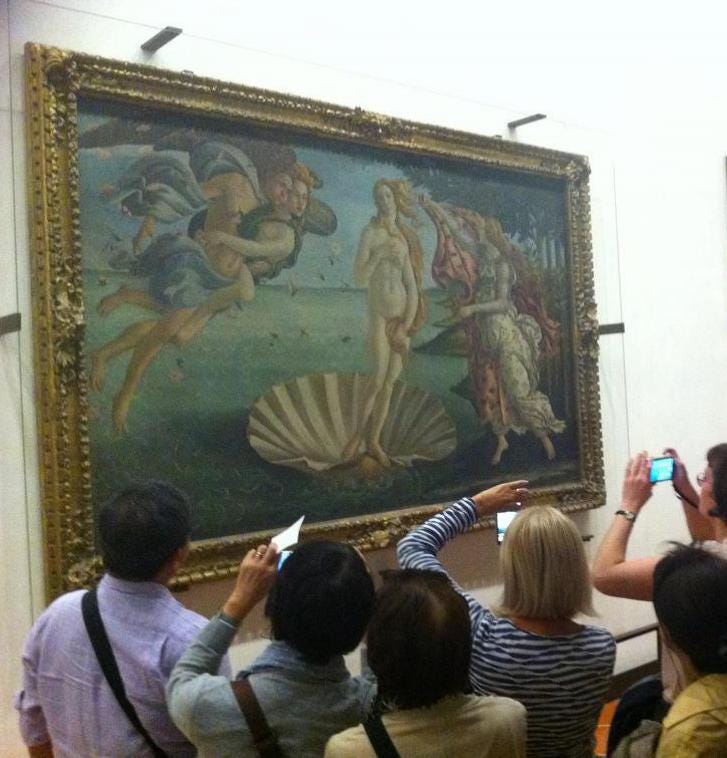When archetypal psychology speaks of love, it proceeds in a mythical manner because it is obliged to recall that love too is not human. Its cosmogonic power in which humans take part is personified by gods and goddesses of love. When cosmogonies about the creation of the world place love at the beginning, they refer to Eros, a daimon or a god, not just to a human feeling. Love's cosmogonic power to structure a world draws humans into it according to styles of the gods of love….
Even if we stay only with Aphrodite, or Venus as she has been called since the Romans, we find her love to be a complicated group of myths, now enmeshed with Ares, now with the heights of Uranus, the waves of Poseidon, the concrete artifacts of Hephaestus; now in opposition to Artemis or to Hera and Athena, now in a triangle with Eros and so an enemy of Psyche. She has remarkable progeny—Priapus with the grand erection is a son of her love (as is Eros himself), and Hermaphroditus—who carry her business into extremes. But she has her own odd sides, sometimes appearing black, bearded, and helmeted, secretly in love with war, and her loving is complicated further by her genealogy, which reveals her deepest kinship connections, what she is truly most “like.”There we discover that she is born out of the froth of emotions when the old man Uranus's genitals are cut off (the repressed sexuality of any stern senex attitude); there we see her passion for revenge, her sisters Nemesis and the Furies; there we see too her enactment in the queens of beauty, the Helens of this world, their thousand avenging ships, their wars that drag on for ten years, the rages and treacheries.
To comprehend the logos of love, even if only the one presented through Aphrodite, one must follow the whole course through. The train of her myths tells more of psychic reality than do the defining statements of love in philosophy, theology, and psychology. Love's images are multitudinous and yet precisely characterized by the locations of her temples, by her festivals and her favorite landscapes, localities, animals, plants, and mythical persons. Other languages at least sometimes try to catch some of these differentiations with several terms for love. We have but one. So when we say God is Love, just whom do we mean?




